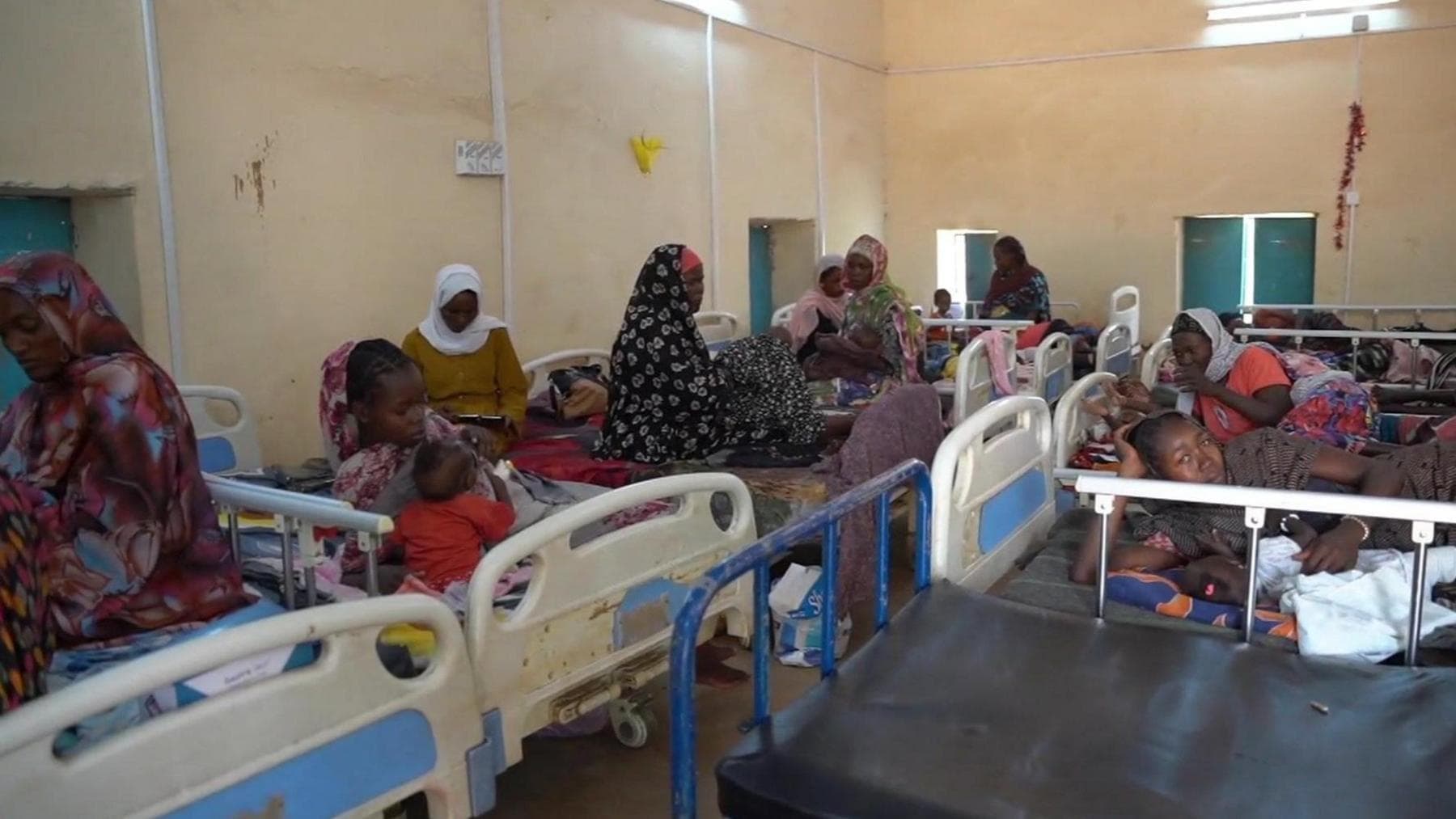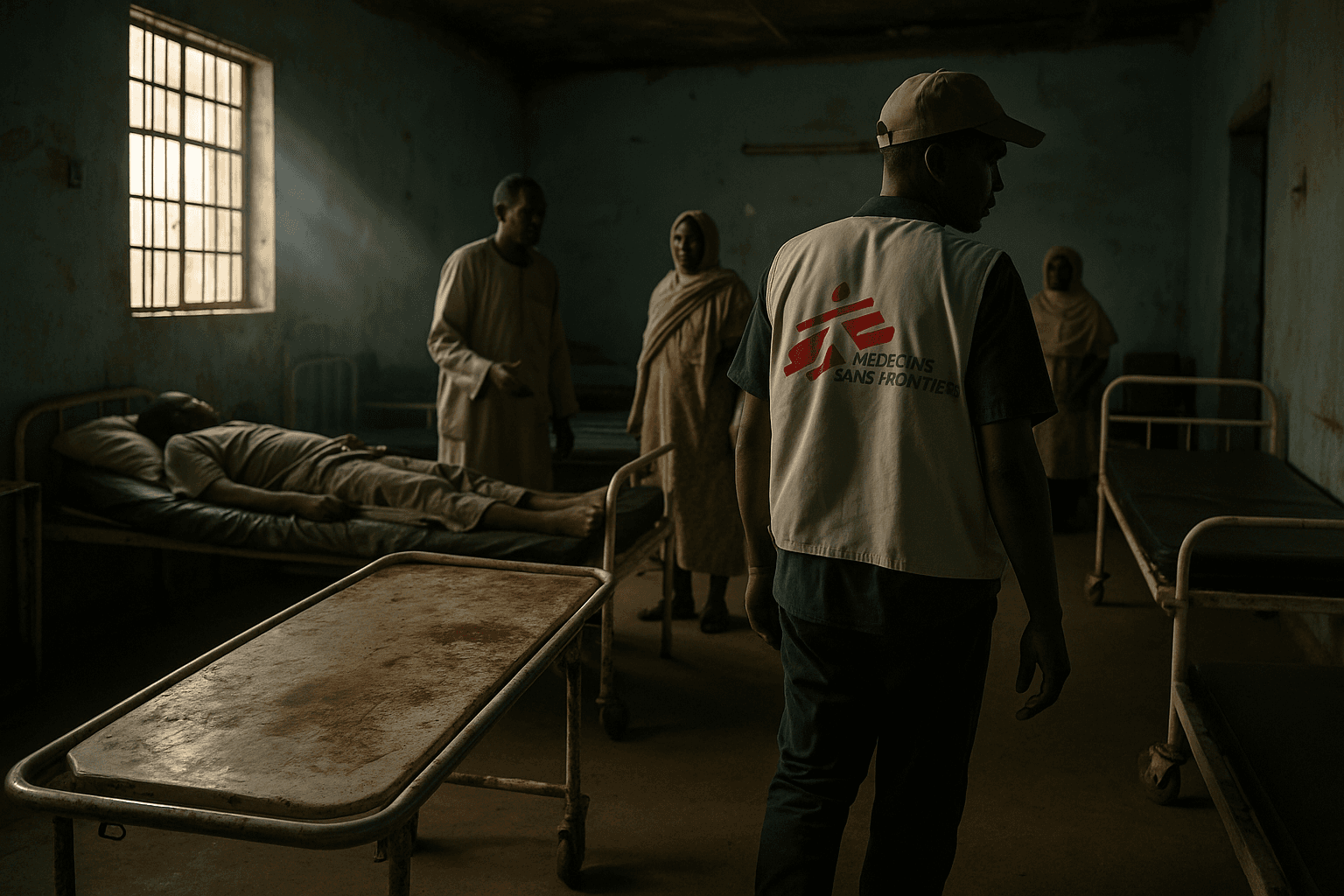MSF Withdraws Staff from Darfur Hospital After Stretcher Bearer Killed
Médecins Sans Frontières pulled its team from a hospital in Darfur after a stretcher bearer was shot dead on November 25, citing threats from a local paramilitary group and demanding guarantees for staff safety. The suspension of services raises immediate risks for patients who rely on MSF care and underscores the growing constraints facing humanitarian agencies amid escalating violence across Sudan.

Médecins Sans Frontières said on November 25 that it had withdrawn all staff from a hospital in Darfur after a stretcher bearer was killed in an attack the organization attributed to a local paramilitary group. MSF announced an immediate suspension of medical services at the facility and demanded guarantees that personnel could operate without threat before returning.
The decision removed one of the few functioning medical providers in the area and cut off care for patients who depended on the hospital for emergency treatment, surgical interventions and routine health services. Local residents and aid workers warned that the loss of MSF capacity would increase pressure on nearby clinics, many of which were already operating beyond capacity or closed because of insecurity.
The incident came amid a broader deterioration of security in parts of Sudan, where fighting and lawlessness have constrained movement and disrupted supply lines for months. Since 2023, clashes among rival armed groups and intermittent confrontations with state forces have fragmented health systems, displaced communities and complicated the work of international and local relief organizations. Aid groups have repeatedly cited attacks on staff, looting and restrictions on access as key obstacles to delivering lifesaving assistance.
MSF said that the safety of its staff was non negotiable and that it had sought concrete guarantees from local authorities and armed actors before resuming operations. Those guarantees included secure passage for ambulances, protection for medical premises and clear, enforceable commitments from whoever holds sway on the ground. Until such assurances were provided MSF left the hospital shuttered and its expatriate and national staff relocated to safer areas.
The withdrawal highlights a familiar dilemma for humanitarian organizations in conflict zones. When security breaks down hospitals become targets, health workers face direct threats and communities lose essential services. The knock on effects can be rapid. Patients in need of surgery, trauma care and maternal health services may face longer journeys to reach treatment or may be unable to get care at all. Chronic disease management and vaccination campaigns are also disrupted, increasing the risk of secondary health crises.

Humanitarian coordinators and other agencies said the loss of MSF services would force them to reassess contingency plans and to seek alternate providers, but capacity in the region is limited. Local clinics lack the staffing and supplies to absorb large numbers of patients and international organizations must weigh the risks to personnel against urgent medical needs.
The incident adds to mounting concerns about the protection of aid workers and the erosion of medical neutrality. Observers warned that without reliable mechanisms to ensure the safety of health personnel and facilities, more organizations will reduce or suspend services, deepening the humanitarian toll on civilians already bearing the brunt of violence.
It remained unclear when or if MSF would be able to return to the Darfur hospital. The organization said it would only resume once satisfactory guarantees were in place, leaving patients and communities in the region to wait for a potentially long and uncertain restoration of care.


